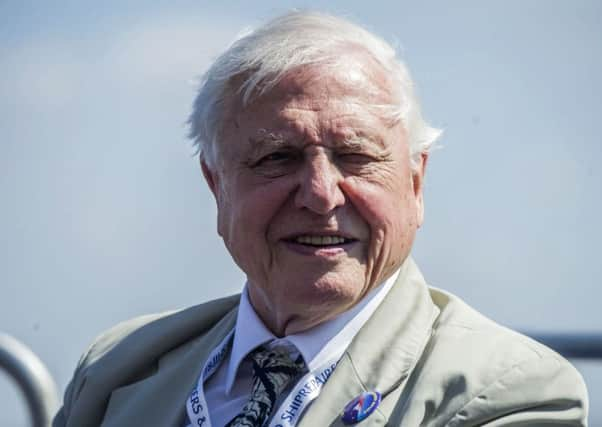Leader comment: Scotland can be even more beautiful


Writing in her journal in 1873, Queen Victoria described feeling a “sort of reverence in going over these scenes in this most beautiful country, which I am proud to call my own”, while John Muir, the great Scots-American naturalist, wrote that as a child he was “fond of everything that was wild ... and fortunately, around my native town of Dunbar, by the stormy North Sea, there was no lack of wildness”. Even Samuel Johnson, not renowned as Scotland’s greatest fan, spoke of the waterfalls and mountains around Glen Shiel as “one of the great scenes of human existence”.
Scotland is a special place in the world and one of the reasons why, perhaps the main reason, is the splendour of its countryside. It is tempting to suggest this is a natural beauty, wild and unspoilt, but in truth humans have shaped it for centuries. We, like any other animal, are ultimately reliant on the land, so one could argue it is only ‘natural’ for us to reshape it to our ends. However, we should do so wisely and in a way that preserves the beauty that has impressed so many people and the wildlife that shares this country with us.
Advertisement
Hide AdAdvertisement
Hide AdSo it is alarming to hear that nature is in “steep decline” in Scotland, according to Trees for Life, which is now calling for a major rewilding project to help save species like the red squirrel, wildcat and capercaillie.
And it is equally concerning when someone of Sir David Attenborough’s standing talks about the danger of “wholesale devastation” to the kelp forests around Scotland’s coasts. Compared by Charles Darwin to rainforests because of the rich diversity of life they support, kelp beds are “a vital habitat” at risk from new plans for industrial-scale harvesting, Sir David said.
The global population is now so large and growing so quickly, that we are using up natural resources at an increasingly unsustainable rate. So we need to endeavour to find new ways of living off the land – and, indeed, living well – that do not build up problems for future generations.
It is something of a cliche but we are merely custodians of the planet during our time on Earth. In these fractured political times, it appears there are few things that we can all agree on.
But the Conservative UK Government’s pledge to make us all “the first generation to leave the environment in a better condition than we found it” should be one of them.
